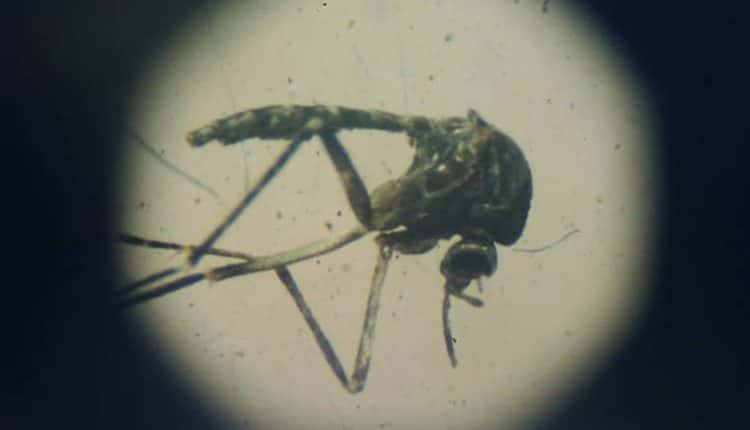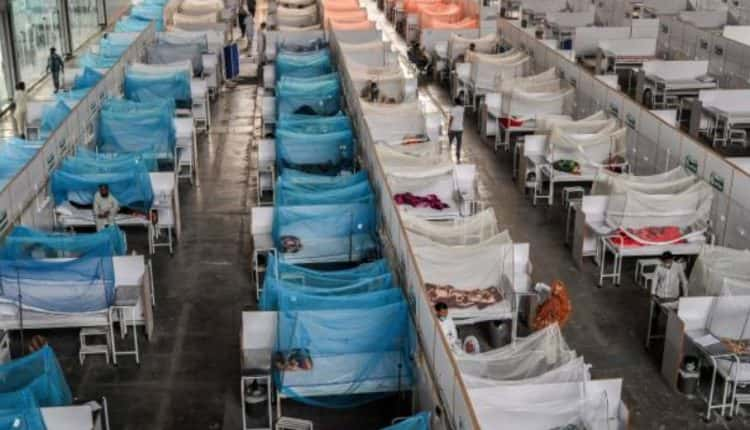
Dengue, a mosquito-borne viral infection, is wreaking havoc across the Western Hemisphere, setting records for infections and posing an unprecedented public health threat.
With over 4 million reported cases this year, surpassing the previous record set in 2019, experts attribute the surge to rising temperatures and rapid urbanization.
Unprecedented Dengue Outbreak
The alarming spike in dengue cases is sounding the alarm on the escalating impact of climate change and urban development on the spread of vector-borne diseases.
The Western Hemisphere is facing the most extensive dengue outbreak in recorded history, with more than 4 million reported cases throughout the Americas and the Caribbean. The surge in infections has surpassed the previous record set in 2019, leading to overcrowded clinics and a rising death toll exceeding 2,000 in the region.
Dengue is transmitted by infected female Aedes mosquitoes, causing symptoms ranging from severe headaches and fever to vomiting and a rash.
Experts point to climate change and urbanization as factors contributing to the rapid spread of dengue. Rising temperatures extend the mosquito’s habitat, enabling the virus to develop faster inside the mosquito and increasing the likelihood of transmission.
Dr. Jeremy Farrar, chief scientist of the World Health Organization WHO, emphasizes the difficulty of addressing climate change and the challenges posed by the increasing urbanization of many countries. Dengue is not confined to the Western Hemisphere, as global cases have surpassed 4.5 million reported infections, with over 4,000 deaths in 80 countries.
Dr. Farrar predicts that the global record of 5.2 million cases, set in 2019, could be surpassed this year. The threat of dengue extends beyond traditional endemic regions, reaching countries like Bangladesh, which is experiencing a record number of cases and deaths.
The mosquito that carries dengue has been identified in 22 European countries, with localized outbreaks reported in France, Italy, and Spain.
Read more: Digital Dating: Five Tips For Finding Love Online
Dengue Outbreak Amid Climate Change

Dengue poses significant health risks, with severe cases leading to plasma leakage and death. Repeated infections increase the risk of developing severe dengue.
Dr. Gabriela Paz-Bailey, chief of the dengue branch for the US Center for Disease Control and Prevention, underscores that dengue is part of a broader set of challenges driven by underlying global trends such as climate change and urbanization.
The difficulty in treating dengue is exacerbated by patients’ delayed seeking of medical care and the rapid progression of the virus. Efforts to combat the dengue outbreak include fogging areas with insecticide, discarding containers that collect rainwater, and advocating for the use of bed nets and protective clothing.
While there are vaccines and initiatives using specially bred mosquitoes containing Wolbachia bacteria to combat dengue, specific treatments for the virus remain elusive. The World Health Organization WHO has warned that dengue poses a pandemic threat, emphasizing the need for proactive measures to address the escalating public health crisis.
The unprecedented dengue outbreak across the Western Hemisphere serves as a stark reminder of the intertwined challenges posed by climate change, urbanization, and the global spread of infectious diseases.
As the world grapples with the complexities of addressing these underlying trends, collaborative efforts are crucial to mitigating the impact of dengue and other mosquito-borne diseases.
The surge in cases underscores the urgency of prioritizing climate resilience, public health infrastructure, and proactive measures to curb the spread of vector-borne diseases in the face of an evolving and interconnected global landscape.
Read more: A Healthy Holiday Reminder: Preventing Salmonella Outbreaks

